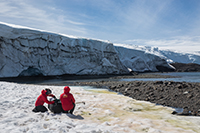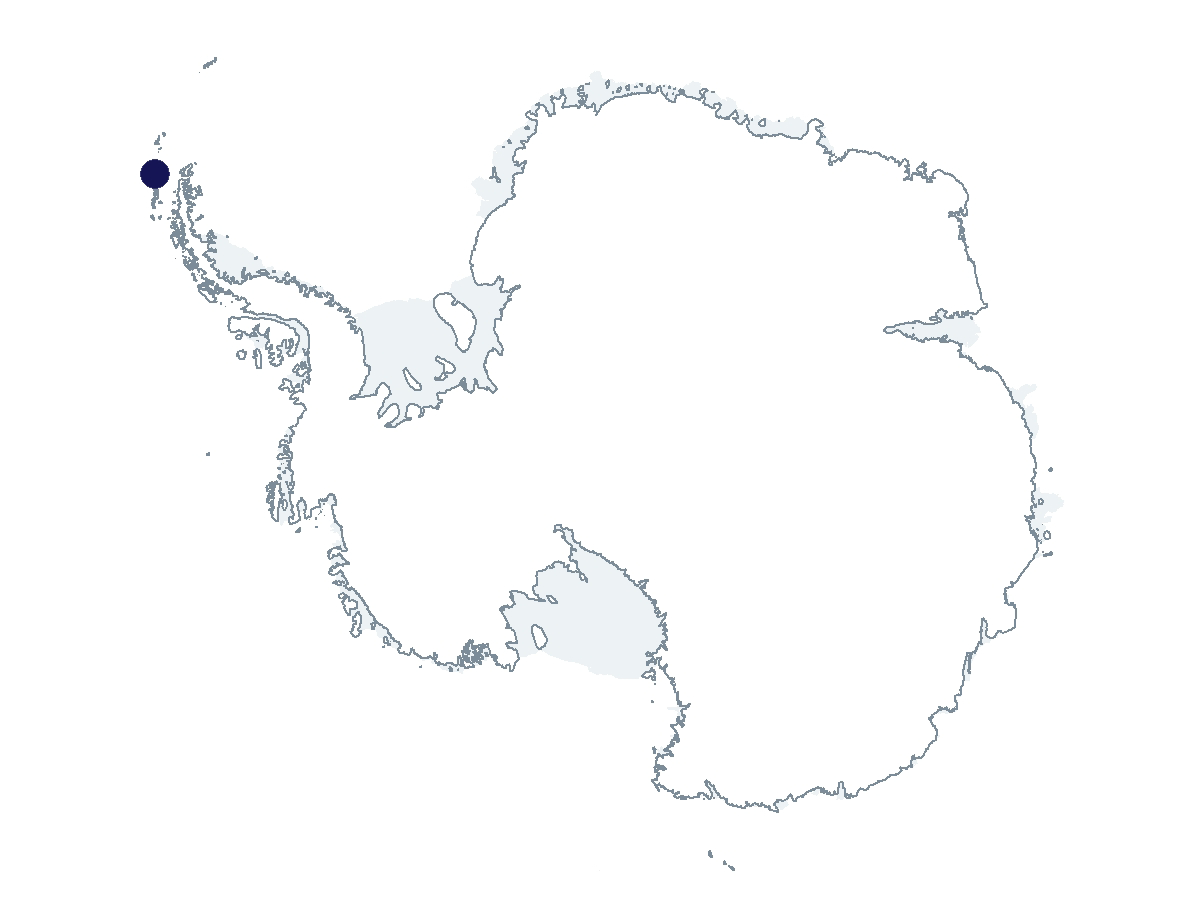2022-2023 USAP Field Season
Project Detail Project TitleCAREER: Coastal Antarctic snow algae and light absorbing particles: snowmelt, climate, and ecosystem impacts Summary
Event Number:
Program Director:
ASC POC/Implementer: Principal Investigator(s)
Dr. Alia Lauren Khan
Location
Supporting Stations: Special Project DescriptionThe team proposes a five-year time-series field project to assess the effects of changing cryosphere-albedo feedbacks in the Antarctic Peninsula and the Pacific Northwest. A variety of in situ and remote sensing data collected across multiple spatial scales will be used to evaluate the role of temperature, radiative forcing effects, and light absorbing particles (LAPs) on snow-algae growth. The project is expected to fundamentally advance knowledge of factors that affect the snow algae growing season. Ground measurements will inform development and application of novel algorithms to map algal bloom extent through time using 0.5-3m spatial resolution, multi-spectral satellite imagery. The work will inform the role of LAP impacts from black carbon (BC) and dust that may intensify in a warming climate. Lastly, these results will be used to improve snow algae parameterization in a new version of the Snow Ice Aerosol Radiation (SNICARv3) model that includes bio-albedo feedbacks, eventually informing models of ice-free area expansion through incorporation of SNICARv3 in the Community Earth System Model. Field Season OverviewThe Principal Investigator (PI) and science team have been working to establish partnerships with several Antarctic cruise ship operators that work out of Argentina and Chile. United States Antarctic Program expects to provide limited support for cruise ship based work occurring out of Punta Arenas, Chile. No support will be provided for work based out of different ports of call. Up to eight total participants will sample from a variety of cruise ships while simultaneously establishing a citizen science program to support this project through photography and sample collection. The science team and citizen scientists will stop at common tourism landing sites around the Western Antarctic Peninsula. Sampling at all locations including taking snow samples, physical and Spectral Reflective measurements.
Deploying Team Members
|
2022-2023 Science Planning Summary



For USAP Participants |
For The Public |
For Researchers and EducatorsContact UsU.S. National Science FoundationOffice of Polar Programs Geosciences Directorate 2415 Eisenhower Avenue, Suite W7100 Alexandria, VA 22314 Sign up for the NSF Office of Polar Programs newsletter and events. Feedback Form |



